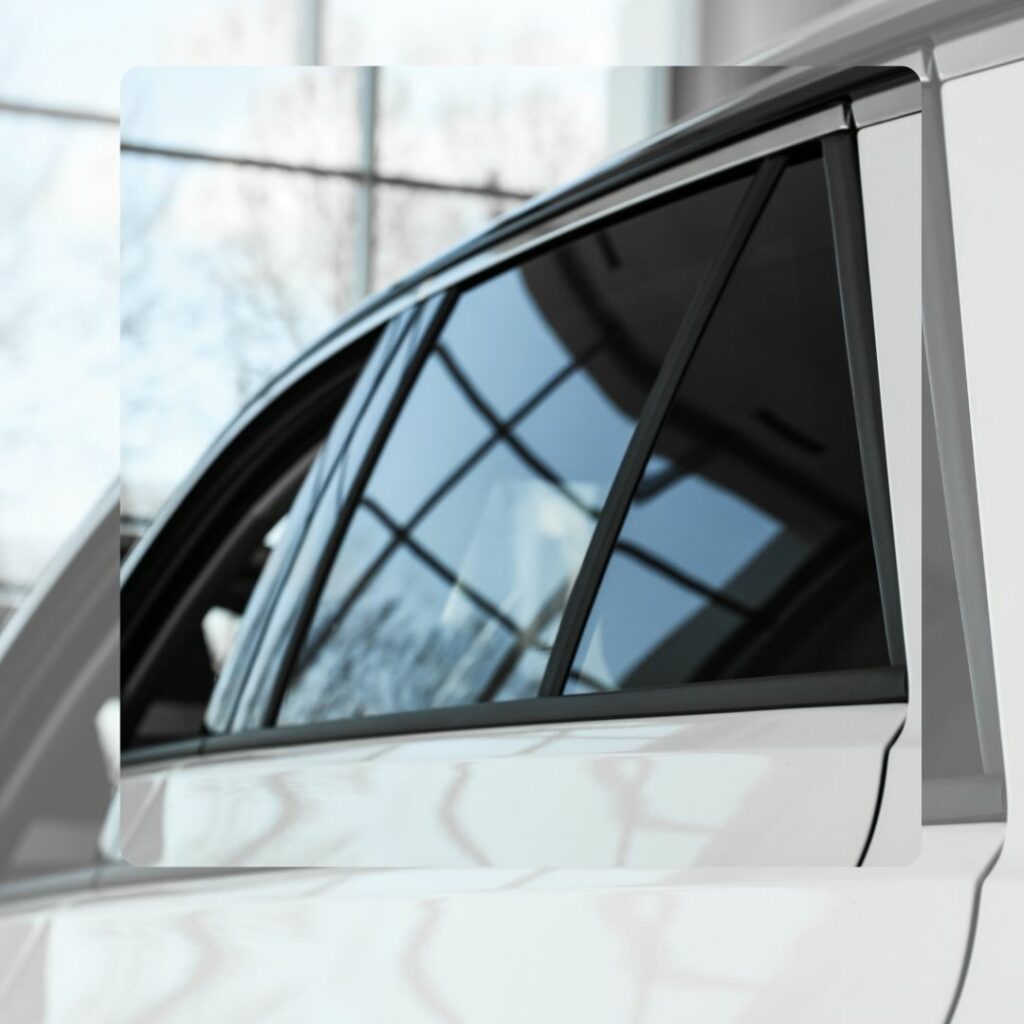
When it comes to enhancing your vehicle’s look and comfort, few upgrades are as effective as auto window tinting. But not all window films are the same—each type offers different benefits in terms of heat rejection, UV protection, durability, and aesthetics. Choosing the right film can make a big difference in performance and long-term satisfaction. So, how do you know which option is right for you? Here’s a helpful guide to selecting the perfect window film for your needs.
Understand the Different Types of Window Films
Before making a decision, it’s important to know your options. The most common types of window films used in auto window tinting include:
- Dyed Film: A basic and affordable option that offers a darkened look and some glare reduction. However, it has limited heat rejection and may fade over time.
- Metalized Film: Contains metallic particles that reflect sunlight and add strength to windows. It provides better heat rejection but may interfere with electronic signals like GPS or radio.
- Carbon Film: A high-performance option that blocks infrared heat and won’t fade. It offers a matte finish and doesn’t interfere with signals—making it a stylish and functional choice.
- Ceramic Film: The most advanced (and expensive) option, ceramic film blocks the highest level of heat and UV rays without compromising clarity or electronic connectivity. It’s known for superior performance and durability.
Consider Your Priorities
To choose the best film, ask yourself the following:
- Do you want maximum heat rejection? Go with ceramic or carbon film.
- Is budget your main concern? Dyed film may be a good start.
- Are you looking to improve signal performance? Avoid metalized film.
- Want your tint to last without fading? Choose carbon or ceramic.
Also, think about your local climate. If you live in a hot area, heat and UV protection should be your top priorities.
Choosing the right film for your auto window tinting project means balancing cost, performance, and long-term value. Each film type has its strengths, so take the time to assess your needs before making a decision.
For best results, consult a professional tinting service—they can help you find the ideal window film that fits your lifestyle, driving habits, and budget.
READ MORE:
Exploring the Different Types of Films Used in Auto Window Tinting